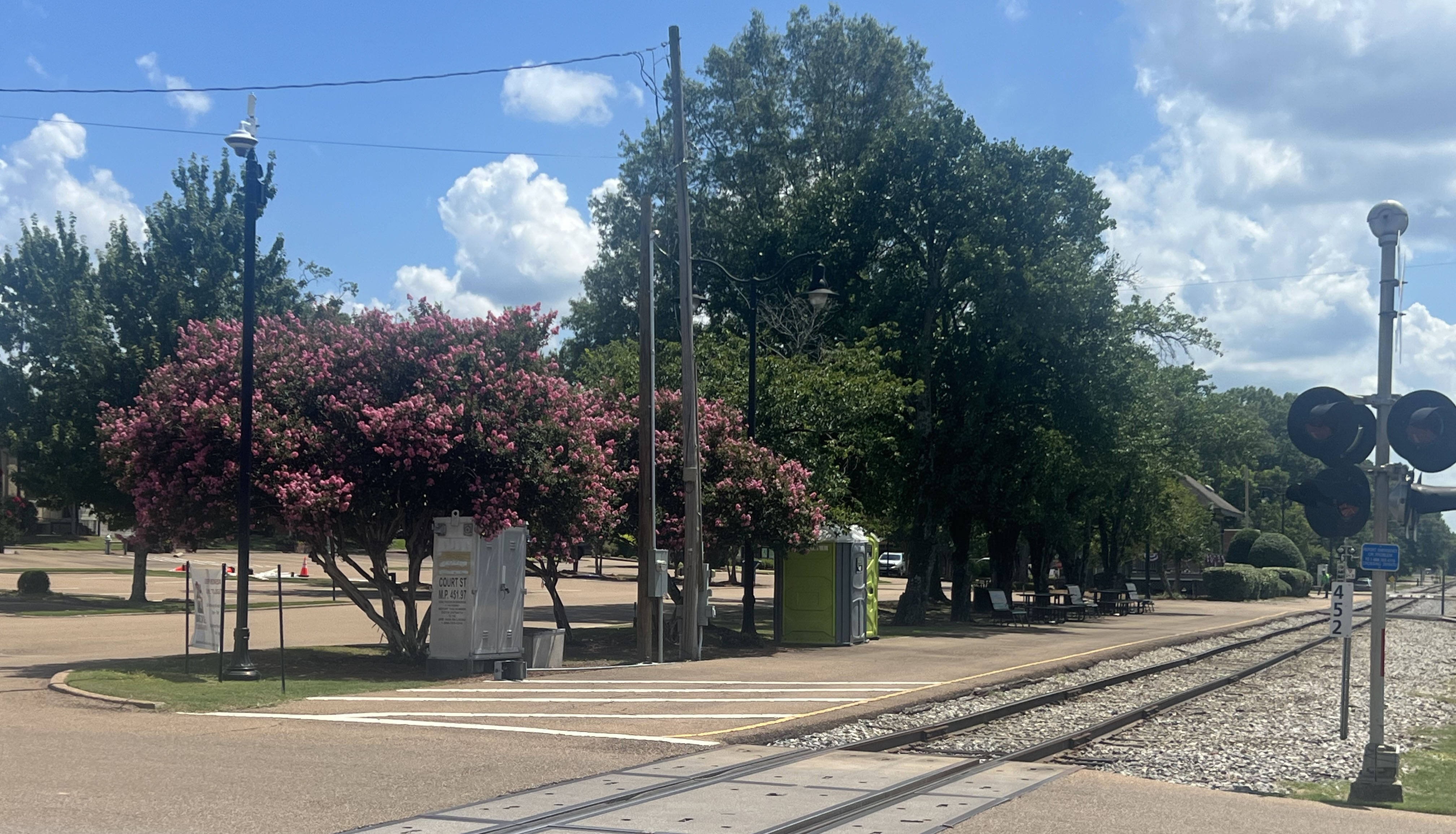Salter: Two marijuana initiatives vying for spot on state 2016 ballot
Published 12:00 am Tuesday, July 28, 2015

Sid Salter
STARKVILLE – There are now formally two initiative-and-referendum efforts underway to get a marijuana legalization question in front of Mississippi voters in 2016.
The first one is Initiative 48, sponsored by Kelly Jacobs of Hernando, which would put the question on the ballot: “Should the use, cultivation, and sale of cannabis and industrial hemp be legalized for persons 21 years or older?”
The proposed ballot summary for the initiative reads as follows: “Initiative Measure No. 48 would legalize the use, cultivation and sale of cannabis and industrial hemp. Cannabis related crimes would be punished in a manner similar to, or to a lesser degree, than alcohol related crimes. Cannabis sales would be taxed 7 percent. Cannabis sold for medical purposes and industrial hemp would be exempt from taxation. The governor would be required to pardon persons convicted of non-violent cannabis crimes against the state of Mississippi.”
Trending
The second one is Initiative 52, sponsored by Steven Griffin of Laurel, which would put a slightly different question before state voters: “Should the Mississippi Constitution be amended to legalize and tax cannabis pursuant to the Mississippi Cannabis Freedom Act?”
The proposed ballot summary for that initiative reads as follows: “Initiative Measure No. 52 would amend the Mississippi Constitution to include the Mississippi Cannabis Freedom Act (‘the Act’). The Act legalizes cannabis for persons eighteen years of age and older, legalizes cannabis for medical purposes, authorizes the collection of taxes on cannabis, and includes various other definitions and mechanisms for implementation of the Act. For purposes of this measure, ‘cannabis’ means hemp, weed, herd, marijuana, grass, wax, concentrate extract, and hashish.”
Two political action committees, Mississippi Alliance for Cannabis and Team Legalize, are now working statewide to change the state’s pot laws by gathering signatures in support of Initiative 48. Initiatives 48 and 52 supporters are required each to garner more than the signatures of 107,000 registered voters’ on their petitions by Oct. 2, to get the measure on the 2016 ballot.
And here’s the kicker. Initiative 48 supporters advocate earmarking the proposed 7 percent tax on legal pot for public education in Mississippi.
Nationally, states that have legalized marijuana are clustered primarily on the West Coast or the East Coast. So what would make a group believe that an effort to legalize marijuana would have a ghost of a chance of succeeding in Mississippi — the gold buckle of the Southern “Bible Belt?”
First, these efforts are springing up across the country. Voters in Alaska, Arizona, Arkansas, California, Colorado, Florida, Maine, Massachusetts, Michigan, Montana, Nevada, Ohio, Oregon, South Dakota, Washington and Wyoming have since 1972 already seen or are now seeing such efforts unfold.
Mississippi is one of eight states with initiative efforts underway targeting the 2016 elections. Since 1972, 23 states and the District of Columbia have either directly voted or seen their legislative bodies adopt law legalizing the possession and use of medical marijuana. Colorado and Washington have approved the sale, possession, use and taxation of recreational marijuana.
Trending
Second, there’s a lot of money on the table where weed is concerned — both from the standpoint of those who wish to sell it legally and those in state governments who wish to tax that sale.
A 2014 Pew Research Center study found that 75 percent of Americans believe that pot will eventually be legalized nationally — a view held, say the researchers, by a majority of those who oppose marijuana use.
What is clear at this point is that there is a discernible national shift in attitudes about marijuana and how much criminality should be attached to its use. What is also clear at this point is that it’s still highly unlikely that Mississippi voters are ready to vote for either wholesale legalization of marijuana or substantial decriminalization of it.
It’s also interesting to observe that pro-pot forces are angling for a Mississippi referendum on legal marijuana in 2016 – a presidential election year – historically an election cycle in which turnout is very high among young voters.
(Sid Salter is a syndicated columnist. Contact him at sidsalter@sidsalter.com.)






